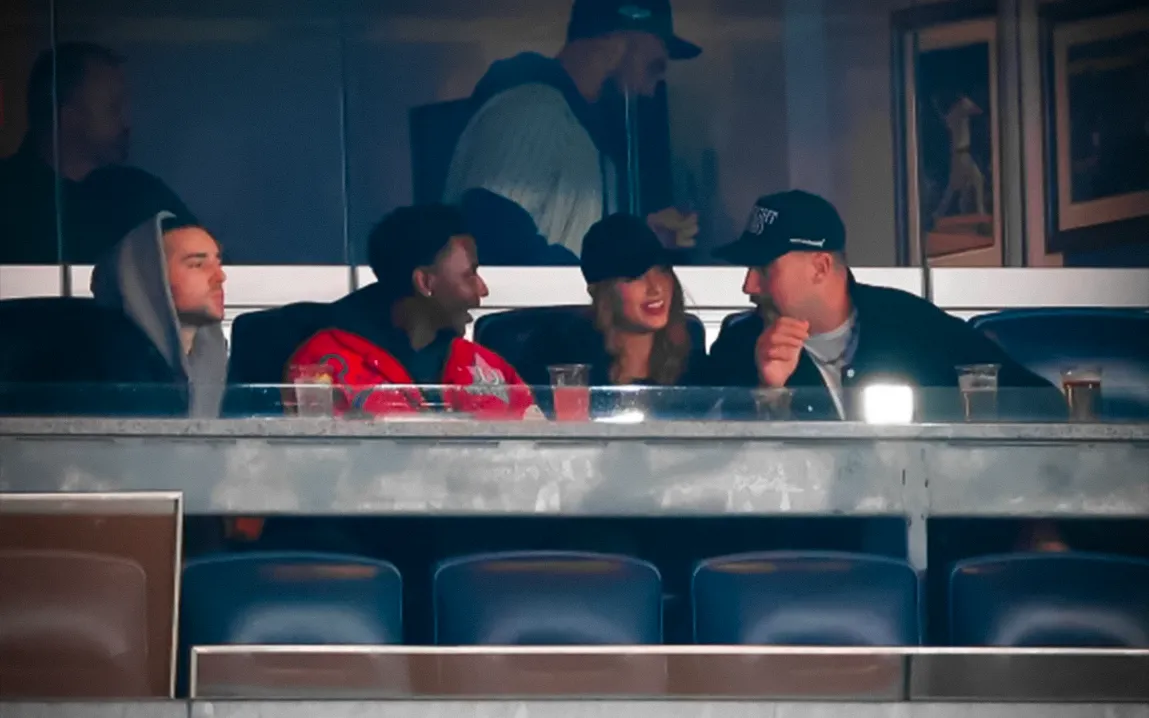Philadelphia District Attorney Larry Krasner is taking to court a political action committee bankrolled by Elon Musk that he says should be banned from offering voters the possibility of winning a million-dollar lottery prize to try and boost turnout in November. Mr. Krasner brought a lawsuit on Thursday challenging the political action committee for its plan to make someone a winner of cash if he and other eligible voters turn up to vote.
Controversial Lottery for Voter Participation
The Musk-backed PAC introduced the $1 million lottery as a means of encouraging voter participation in Philadelphia, with the prize meant to attract more voters to the polls. However, those representing the Philadelphia DA argue that such incentives raise ethical concerns and serious questions around legality, especially with regard to the potential effects on voter behavior. Krasner’s office brought in the lawsuit for compliance with state election laws and for safeguarding the integrity of the electoral process.
Legal Basis of the Lawsuit
According to the lawsuit filed by Krasner, financial inducement to vote may breach the laws of Pennsylvania concerning the conduct of elections, where voters cannot be offered “money or anything of value” with a view to influencing voting. Legal experts indicate that even though voter mobilization is common, the practice of direct monetary incentives has complexities around election law compliance.
“This case touches on whether monetary rewards for voting can be construed as coercive or as influencing voter decisions,” said one election law attorney. “States have established laws to prevent any undue influence, which includes financial incentives aimed at turnout.”
The PAC’s Defense of the Lottery
The PAC, with backing from Musk and other technology leaders, claims the lottery only serves to raise civic participation and has no influence over who votes. The representatives say that the lottery fits into efforts to fight low voter turnout in Philadelphia and other urban cities where traditionally it has been much lower. The PAC described the lottery as a type of outreach that makes voting accessible and engaging for citizens.
Mixed reactions from the public
The lottery incentive has brought to the fore a whole lot of different reactions. At one end, it’s been praised as an effort that would get people out and vote, but what is the cost to ethics, right? The supporters of greater participation in the election feel creative incentives may be useful tools to get people participating especially young or first-time voters. Its opponents believe that money can buy any kind of behavior and should not undermine the integrity of the electoral process.
Potential Impact on Future Voter Incentive Programs
The outcome of this case could influence how election incentives are approached in the future. If the court rules against the lottery, it will discourage similar incentive-based programs from attempting to increase turnout in other states. However, if the lottery is found to be legally acceptable, it could open the floodgates for new ways of encouraging voter participation through financial rewards.
The future
As the case continues, both the Philadelphia DA’s office and the PAC will continue to defend their respective positions with implications that may determine how voter engagement is incentivized in the future. It is expected that this court case may be the landmark case in terms of voter incentives as the U.S. explores innovative ways to increase turnout.




